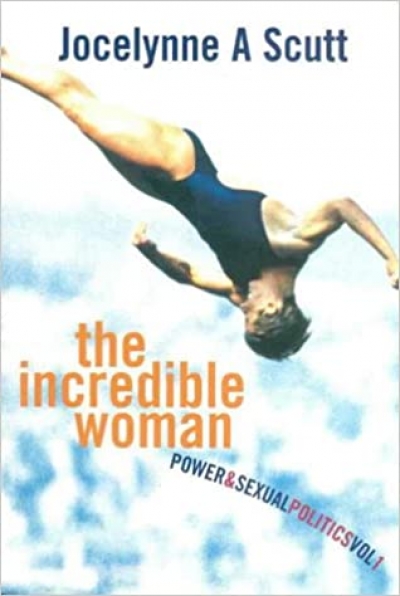Archive
The Incredible Woman by Jocelynne A. Scutt & The Incredible Woman by Jocelynne A. Scutt
by Kate Macdonell •
Imants Tillers and the Book of Power by Wystan Curnow
by Edward Colless •
Paradise Mislaid: In search of the Australian tribe of Paraguay by Anne Whitehead
by Richard Hall •
The Summer Game: Australian Test Cricket 1949–1971 by Gideon Haigh
by Laurie Clancy •
Frank Wilmot edited by Philip Mead & Frank Wilmot by Hugh Andersen
by Chris Wallace-Crabbe •
One of the principal characters in much of Thea Astley’s writing is Queensland. ‘An intransigent fecundity dominated two shacks which were cringing beneath banana clumps, passion-vines, granadillas.’ There’s a lot of sad poetry about the place; and the distances that separate us, I mean the physical distances, are like verse-breaks in a ballad; and once, once we believed the ballad might never end but go on accumulating its chapters of epic while the refrain, the almost unwordable quality that mortises us together, retained its singular soul. How express the tears of search?
... (read more)Once an Australian: Journeys with Barry Humphries, Clive James, Germaine Greer and Robert Hughes edited by Ian Britain
by Philippa Hawker •
Tierra del Fuego: New and selected poems by Jennifer Strauss
by Stephanie Trigg •










